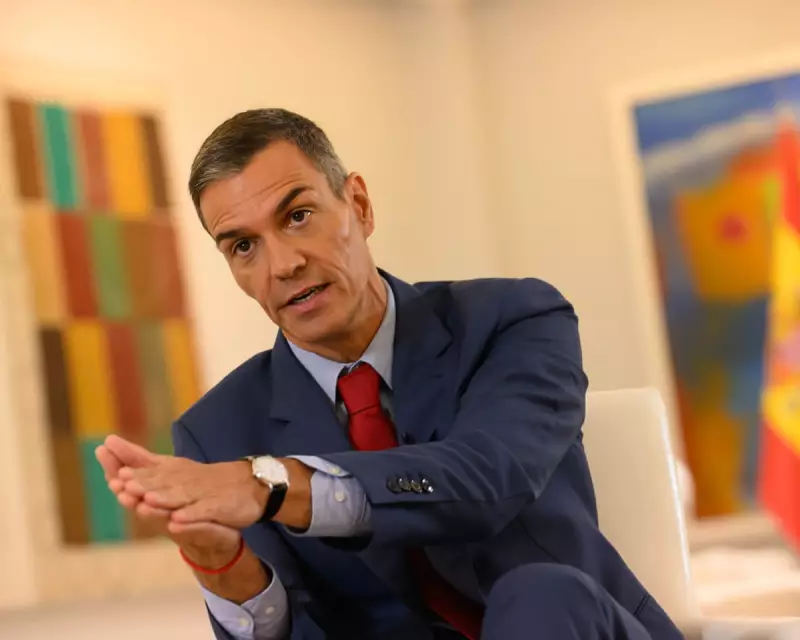
Impatience is mounting within Spain's political corridors as Prime Minister Pedro Sanchez forcefully places Europe's perceived 'double standards' under an intense international spotlight. The Spanish leader's unequivocal critique of the EU's contrasting approaches to the conflicts in Gaza and Ukraine has sent diplomatic shockwaves across the continent.
Sanchez's central argument, delivered with striking candour, challenges the very moral foundation of European foreign policy. He questions how the bloc can vehemently condemn Russian aggression in Ukraine while offering what he characterises as tepid, insufficient responses to the devastating human toll in Gaza. This positioning marks a significant and potentially disruptive shift from Spain's traditionally more aligned EU stance.
A Calculated Political Gambit
This bold manoeuvre is not occurring in a vacuum. Political analysts suggest it represents a calculated risk by Sanchez to galvanise his domestic base and assert Spain's influence on the global stage. By championing a cause with significant public sympathy, he potentially distracts from internal challenges while carving out a distinct, principled identity for Spain within the European framework.
However, this strategy is fraught with peril. The open accusation of European hypocrisy risks alienating key allies like Germany and France, potentially marginalising Spain on critical issues such as EU reform and future financial allocations. The delicate dance of diplomacy requires unity, and Sanchez's comments are seen by some as rocking a already unsteady boat.
The Ripple Effects in Madrid and Beyond
Back in Madrid, the reaction is mixed. While segments of the public and his governing coalition applaud the moral clarity, there is palpable unease among foreign policy experts and business leaders. The concern is that Spain's newfound outspokenness may come with a tangible economic and political cost, isolating the nation at a time when European cohesion is paramount.
The situation underscores a broader tension within the EU: the struggle to reconcile overarching union-wide policy with the diverse and often conflicting foreign policy objectives of its member states. Sanchez’s stance is a powerful manifestation of this ongoing internal conflict, highlighting the difficulty of maintaining a single, coherent European voice on the world's most contentious issues.
As the debate rages, all eyes remain on Brussels and other European capitals. The critical question is whether Sanchez’s damning critique will prompt genuine introspection and policy realignment or simply deepen existing fractures within the union. The outcome will likely define Spain's role in Europe for years to come.





